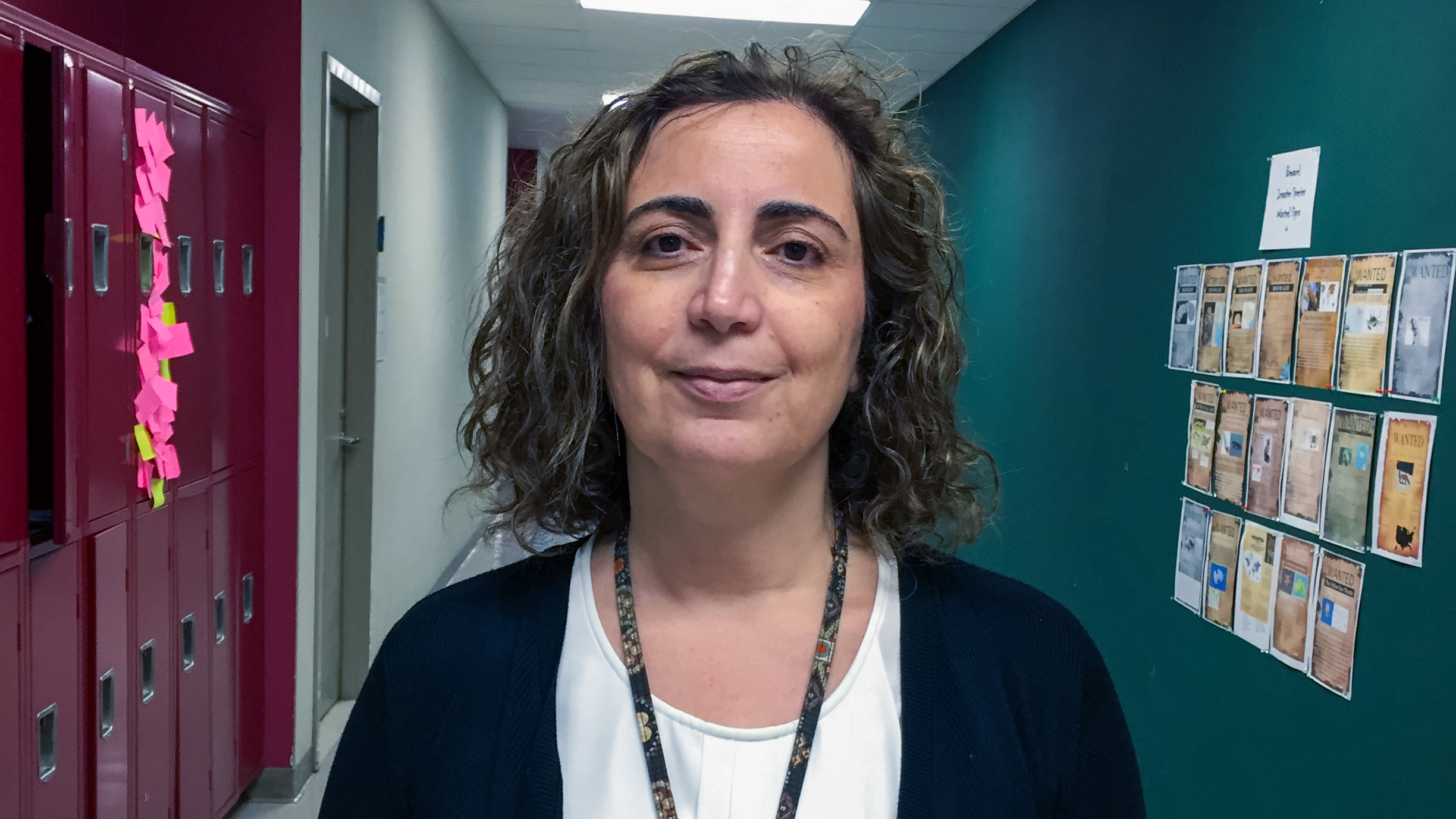When the pandemic hit, my mom was struggling. Like so many elders, she was isolated at home, lonely and worried.
 My mom will celebrate her 85th birthday this coming July. She lives in Israel in a moshav (village), and while she needs some help around the house, she is active and independent. She keeps a busy schedule, playing bridge, practicing yoga, visiting with her close friends, and she even keeps an active Facebook page. My father passed away twenty years ago, and my mom never remarried.
My mom will celebrate her 85th birthday this coming July. She lives in Israel in a moshav (village), and while she needs some help around the house, she is active and independent. She keeps a busy schedule, playing bridge, practicing yoga, visiting with her close friends, and she even keeps an active Facebook page. My father passed away twenty years ago, and my mom never remarried.
I live in the United States. When we spoke on the phone, I could feel the sadness and despair in her voice. I started thinking about ways to keep her busy and motivated during those challenging times.
One day, while on Facebook, I ran into a post of a woman who writes people’s life stories and memories. I decided this was the perfect project to keep my mom busy. The process included one-on-one interviews with my mom, family members, and friends, reviewing hundreds of pictures, revising, and publishing. This project kept my mom busy and engaged for over a year.
 While my original intention was to keep my mom busy during the lonely times of the pandemic, I slowly realized that this project was nothing short of a valuable gift for myself. In my youth, I was somewhat embarrassed about my Sephardic heritage and reluctant to associate with it. Through the work on the book, I learned about my parents’ childhood and what life was like for them in Morocco.
While my original intention was to keep my mom busy during the lonely times of the pandemic, I slowly realized that this project was nothing short of a valuable gift for myself. In my youth, I was somewhat embarrassed about my Sephardic heritage and reluctant to associate with it. Through the work on the book, I learned about my parents’ childhood and what life was like for them in Morocco.
At the age of ten, together with her twelve-year-old brother, my mother was sent to Israel with Aliyat Hanoar. The plan was for their parents to join them in Israel within a few months, which turned out to be ten years later. My mom met my father in Nahalal, where they both lived with host families and later moved to a new village, where they bought a small piece of land.
My father kept a dairy farm that produced dairy milk for Tnuva, the sole manufacturer of milk in Israel at the time. They also grew fruits and vegetables sold as fresh produce at the local market. My parents were proud young kids from Morocco who were now striking roots in the land of the young Jewish state.
Reading my mother’s stories, I came to see my parents as true pioneers, a concept that I previously believed applied only to Jews from Europe.
The book opened a window for me to discover the beauty of my heritage and tradition. I came to appreciate and love the Moroccan language, its colorful idioms, and vivid imagery. I also learned more about the Mimouna (pronounced mee-moo-nah) celebration and the ideas behind it.
 My mom describes the eve of the Mimouna, where families held a gathering, like an “open house,” where anyone could stop by, enjoy a sweet treat, and visit with others. This gathering also served as an opportunity for neighbors or family members who previously had a fallout to mend their relationship smoothly. Since it was an open house, everyone was welcome, no questions asked. When the mufflettot (the plural of muffuletta, the yeasted pancake served at Mimouna) were served, blessings for prosperity, fertility, luck, success, and livelihood were offered. Visitors who were single at the time were blessed to find a partner for marriage so that they could build a Jewish home together.
My mom describes the eve of the Mimouna, where families held a gathering, like an “open house,” where anyone could stop by, enjoy a sweet treat, and visit with others. This gathering also served as an opportunity for neighbors or family members who previously had a fallout to mend their relationship smoothly. Since it was an open house, everyone was welcome, no questions asked. When the mufflettot (the plural of muffuletta, the yeasted pancake served at Mimouna) were served, blessings for prosperity, fertility, luck, success, and livelihood were offered. Visitors who were single at the time were blessed to find a partner for marriage so that they could build a Jewish home together.
In my early twenties, I attended the University of Haifa. A few months before graduation, I was not able to travel back home for Passover. A close friend invited me to celebrate the Seder and the Mimouna with her extended family. It was a lovely, festive evening. The grandmother handed me a muffletta with honey and white yogurt. She placed her hand on my head and blessed me with luck, success, and prosperity. Knowing I was single at the time, she added a specific blessing for a zivug, meaning I would find a good man with whom to build a home. Several months after graduation, I moved to a new city, found a great job, and met an amazing young man.
We have been married for 26 years.







